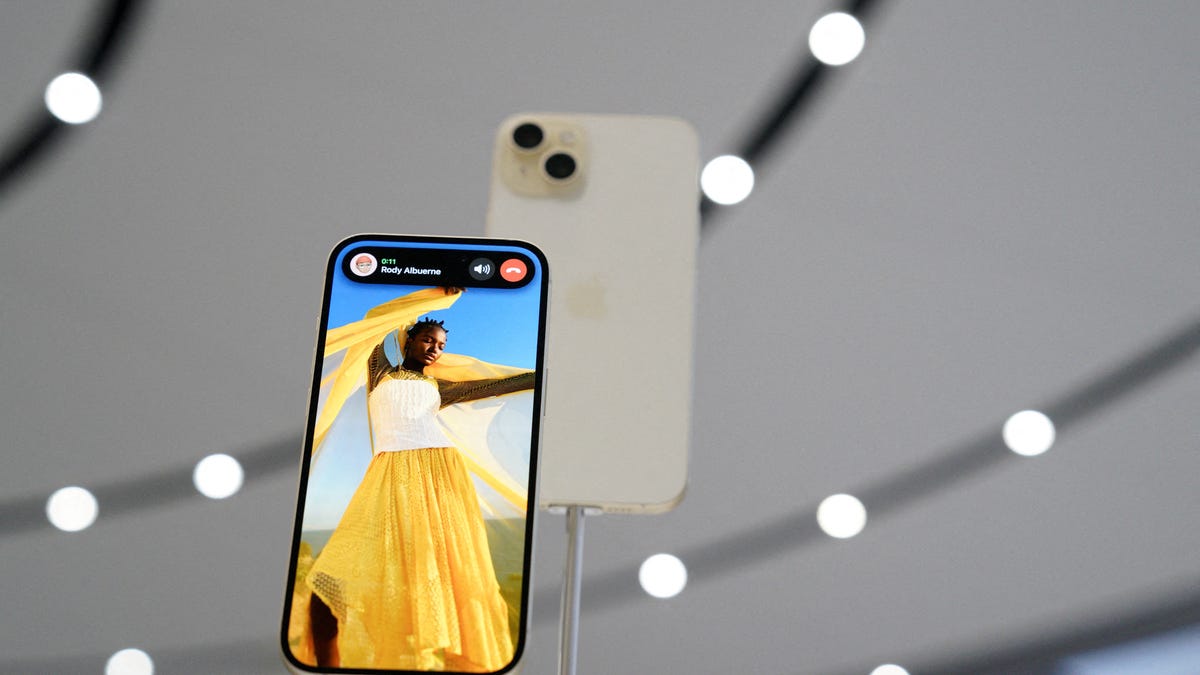- cross-posted to:
- technology@beehaw.org
- cross-posted to:
- technology@beehaw.org
cross-posted from !apple@lemdro.id
- Apple has been the leading buyer of AI startups since 2017, acquiring 21 companies, nearly double the number purchased by Microsoft and Meta.
- While other Big Tech companies like Google and Microsoft are vocal about their AI investments, Apple remains relatively quiet, choosing to announce things as they come to market.
- The startups Apple has acquired focus on areas like self-driving technology, voice design, music generation, and image recognition.
- This acquisition strategy contrasts with companies like Microsoft and Google, who are more cautious with acquisitions due to antitrust scrutiny and instead opt for partnerships with startups.
- Apple’s AI investments have contributed to new iPhone features such as personal voice and real-time voicemail transcription.



The only reason this is the case is companies, particularly Google, have used ads to fund all their consumer facing services for “free”. Which means starts up only have a few options.
I use Kagi, which is a paid service competing with free services. It’s still relatively new and not something the average person on the street is aware exists yet. I hope they make it, and if they do, they’ll be a unicorn in the startup space, as the entire market pushes against the idea that anything can cost money, which is death to startups that are trying to get to profitability in a world where “free” is the status quo.
If these giant companies didn’t exist to fund free services with their cash cows, there would be a much more level playing field for startups.
It’s been this way forever. Long before Google even. My uncle made millions during the dot com bubble by starting up a website, getting some traffic, then selling it off a bigger company. He did that 2 or 3 times and then retired in his 30s lol.
Hell that’s what the dot com bubble was in the first place. A million startups all trying to get bought by a bigger player.
The fact that it was a bubble should tell us that’s not a good sustainable model. Those people were just looking for a quick cash grab. The crypto bros of the era.
And we’re currently in one for “AI”. That’s kind of my point. All of these AI companies are in it to sell off before the bubble pops. They have one little seed of good idea but no fully fleshed out path because they’re hoping for their idea to be bought out.
It’s how it is, how it’s been, and how it will always be in the early stages of any new technology. You will always have small startups/inventors trying to get one idea bought up to get their big payday.
The situation I was talking about never really stopped after the dotcom bubble. Of course Google Ads was started in 2000, which meant we never had a chance to see what other business models might look like at scale.